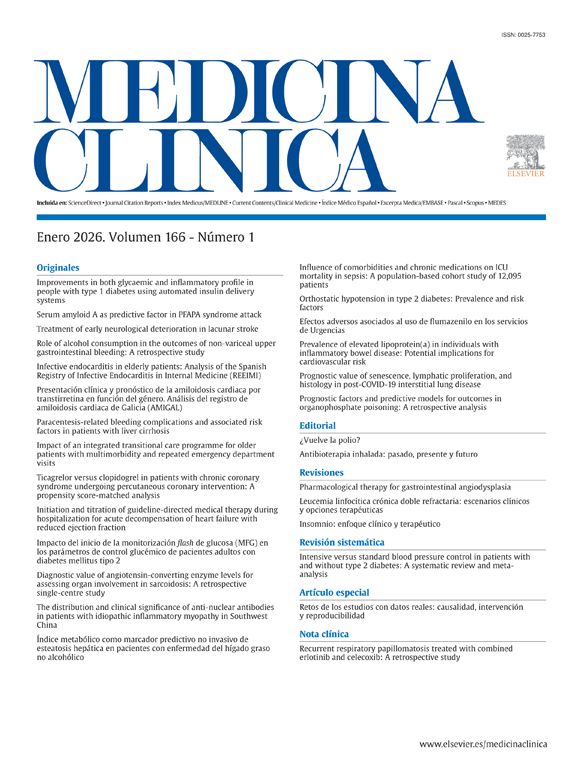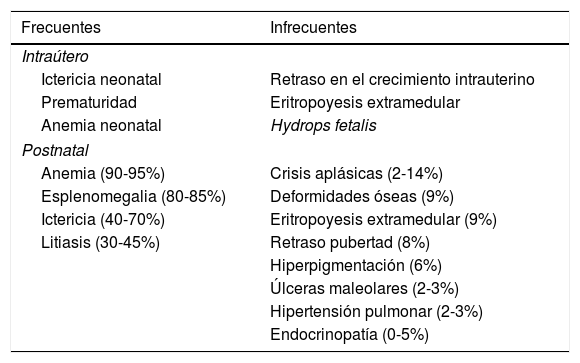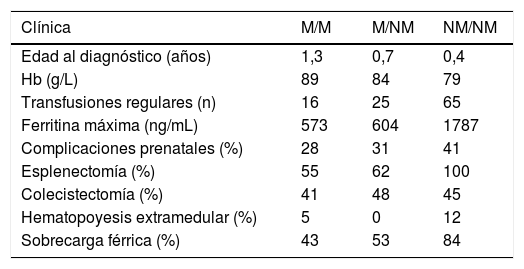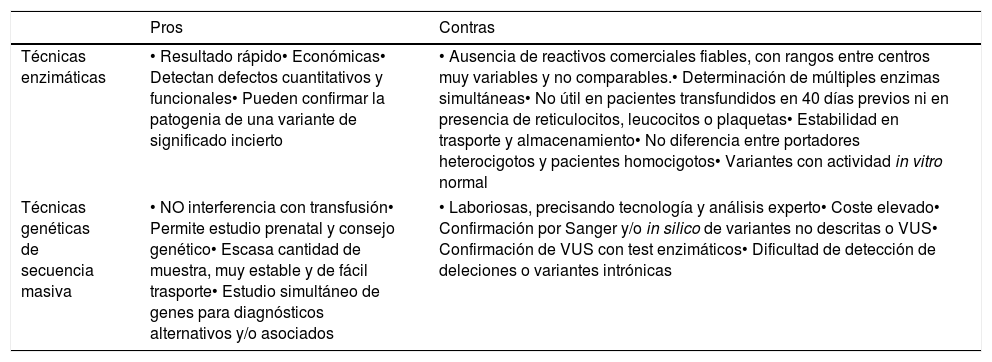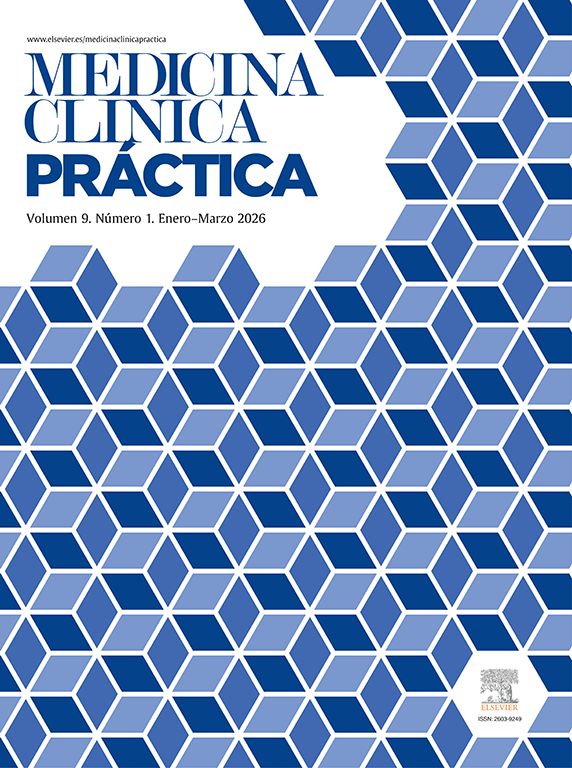El déficit de piruvato quinasa es la segunda enzimopatía más frecuente y la principal causa de anemia hemolítica congénita crónica no esferocítica. Su prevalencia está infraestimada por la baja sospecha clínica de los casos leves, las dificultades del correcto diagnóstico enzimático y la gran variedad de diagnósticos diferenciales. Los avances en las técnicas moleculares están permitiendo mejorar notablemente el diagnóstico. El tratamiento continúa basado en soporte transfusional y esplenectomía, siendo necesarios la vigilancia y el tratamiento de la sobrecarga férrica en todos los pacientes, transfundidos o no. Actualmente el único tratamiento curativo es el trasplante alogénico de progenitores hematopoyéticos, indicado en los casos graves con donante idéntico. Las nuevas terapias farmacológicas y génicas parecen prometedoras. En este artículo, el Grupo Español de Eritropatología realiza una actualización de la situación actual de esta enfermedad, con especial atención a los métodos diagnósticos y a los tratamientos actuales y futuros.
Pyruvate kinase (PK) deficiency is the second most frequent enzymopathy and the most common cause of chronic hereditary non-spherocytic haemolytic anaemia. Its global prevalence is underestimated due to low clinical suspicion of mild cases, associated with difficulties in the performance and interpretation of PK enzymatic activity assays. With the advent of next generation sequencing techniques, a better diagnostic approach is achieved. Treatment remains based on red blood cell transfusions and splenectomy, with special attention to iron overload, not only in transfusion-dependent patients. Nowadays, allogeneic hematopoietic stem cell transplantation is the only curative treatment, recommended only in selected cases of severely affected patients with an HLA-identical donor. Novel pharmacological and gene therapies are in clinical trials, with promising results. In this article, the Spanish Erythropathology Group reviews the current situation of PK deficiency, paying special attention to the usefulness of different diagnostic techniques and to actual and emerging treatments.



